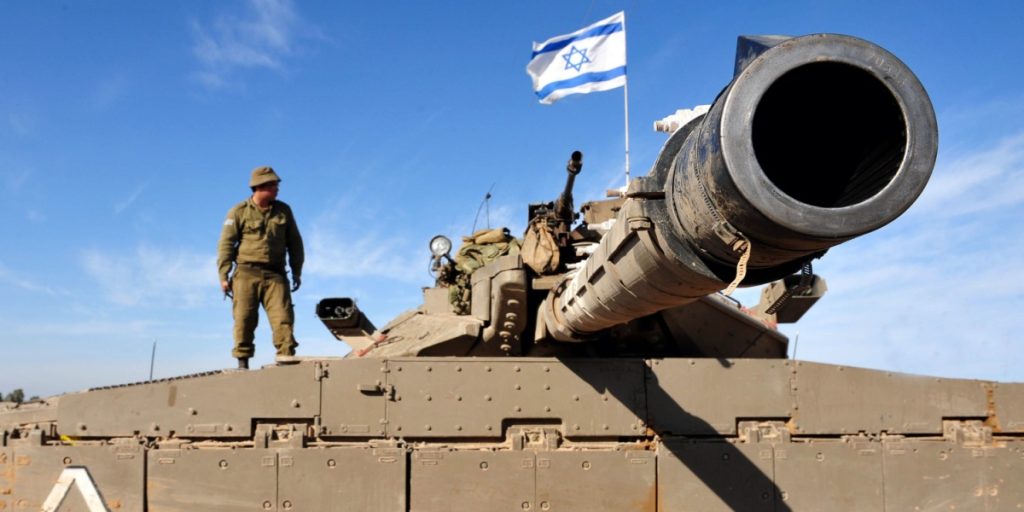As fighting escalates in southern Syria, Israel has stepped in.
Others are reading now
The Druze are an Arabic-speaking religious minority of around one million people, mostly living in Syria, Lebanon, and Israel.
Their faith emerged in the 11th century in Egypt and is considered a secretive offshoot of Islam.
Unlike many other religions, the Druze faith does not allow conversion in or out, nor intermarriage.
Who Are the Druze?
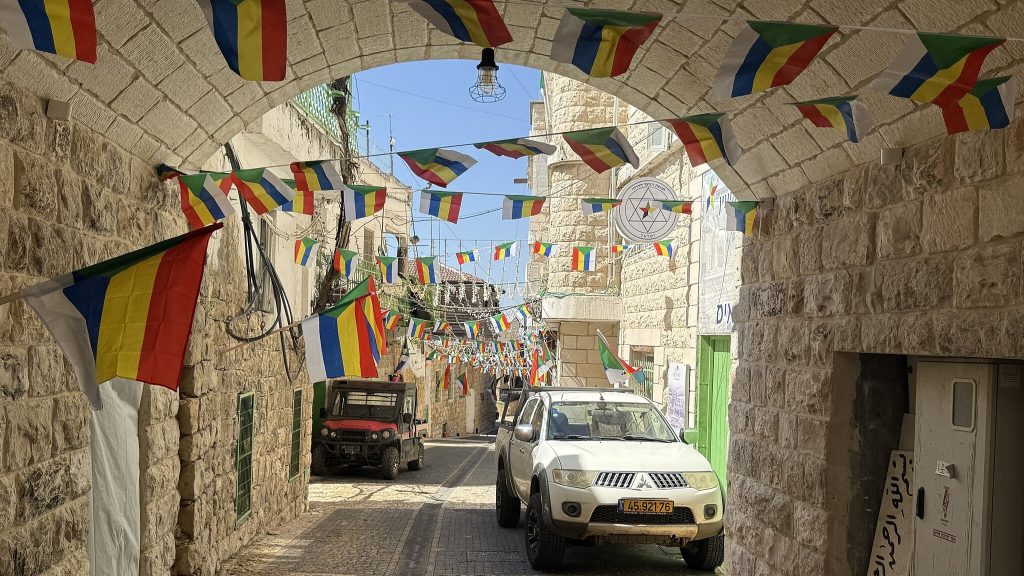
In southern Syria, the Druze form the majority in the Suwayda province, near the Israeli-occupied Golan Heights.
Around 20,000 Druze live in the Golan Heights today, sharing it with about 25,000 Israeli Jewish settlers.
Also read
Though most Druze there identify as Syrian, many refused Israeli citizenship after the territory was captured in 1967 and annexed in 1981.
Instead, they live as permanent residents of Israel.
Why Are Syrian Forces Clashing With the Druze?
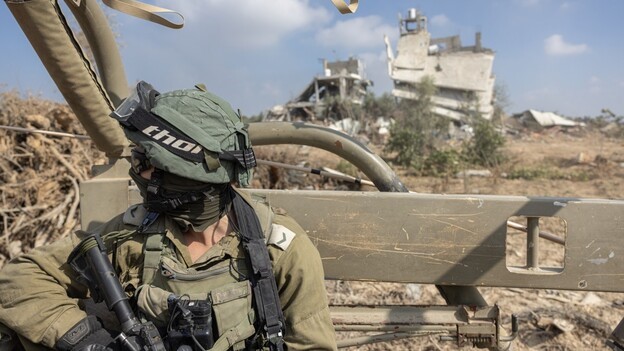
According to Digi24, clashes broke out recently in Sweida, a Druze stronghold, between Druze militias and Bedouin tribes, leaving over 30 people dead and many injured.
In response, the Syrian army entered the area, but lost 18 soldiers.
This move raised fears within the Druze community, especially as Islamist forces allied with the Syrian government also joined the fighting.
Also read
What Sparked the Violence?
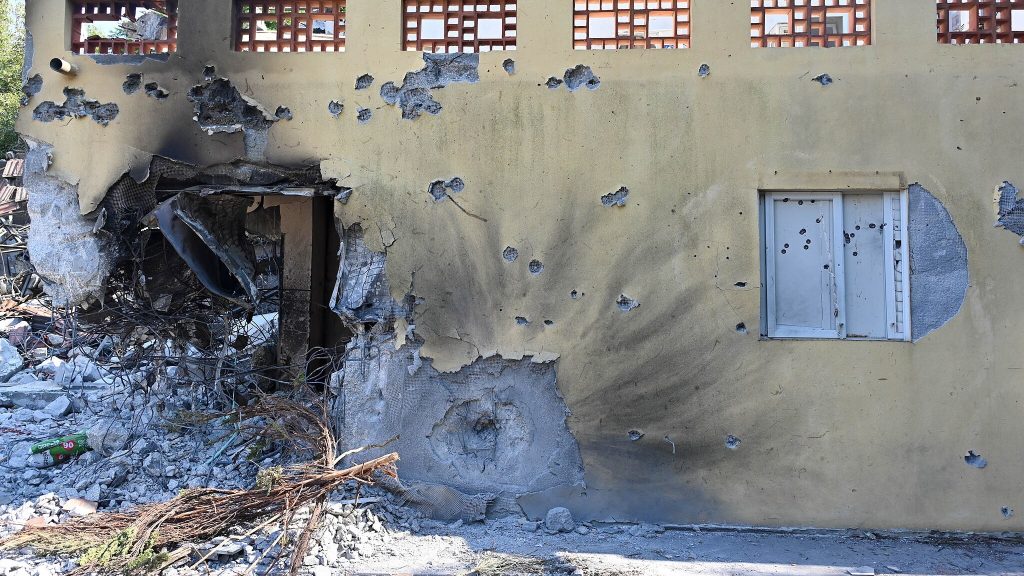
The conflict has deeper roots.
After the fall of Bashar al-Assad, President Ahmed al-Sharaa took power promising inclusion and reform.
However, Sunni extremists loyal to his government have targeted religious minorities, including the Druze and Alawites.
A major issue between the Druze and al-Sharaa’s government is the disarmament of Druze militias. The government wants them to integrate into a unified army, but the Druze insist on maintaining their independence.
Many are also suspicious of al-Sharaa, a former jihadist, and have complained about their lack of representation in government.
Also read
Why the Druze Seek Autonomy
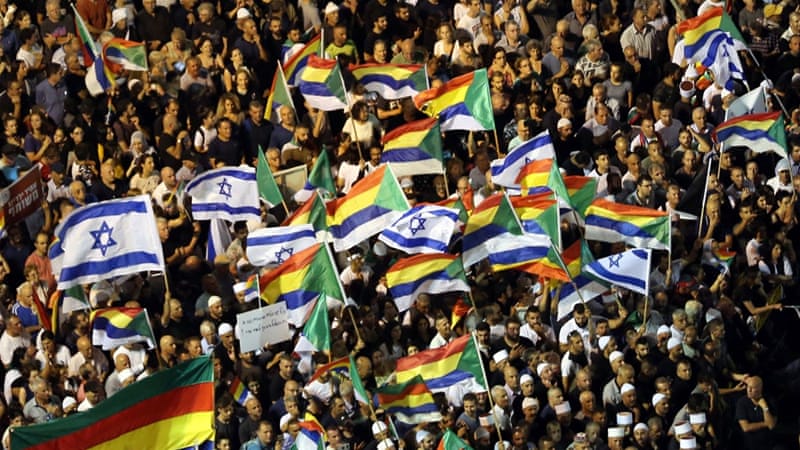
Though a ceasefire was declared after Tuesday’s violence, tension remains high.
One Druze spiritual leader, Hikmat Al-Hijri, even called for international protection, claiming the community faced a “total war of extermination.”
Israel has a long-standing alliance with the Druze, especially with its own Druze citizens. About 130,000 Druze live in northern Israel, mainly in Carmel and the Galilee.
Unlike other Arab minorities, Druze men are conscripted into the Israeli military, where many serve in senior roles in the army, police, and security services.
Why Did Israel Launch Strikes?
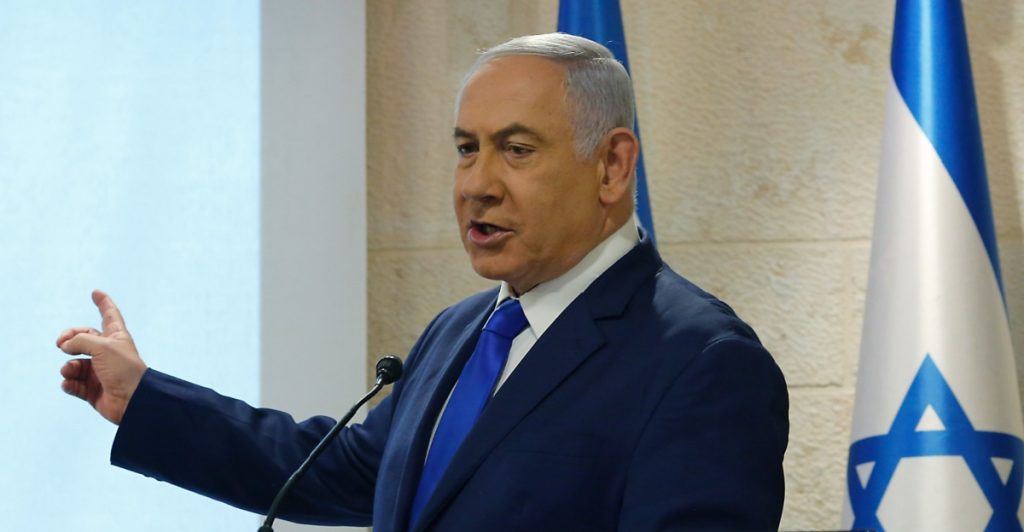
On Tuesday, Israeli Prime Minister Benjamin Netanyahu said:
Also read
“Israel is committed to preventing harm to the Druze in Syria due to the deep fraternal alliance with our Druze citizens in Israel and their familial and historical ties to the Druze in Syria.”
As Syrian government forces advanced into Suwayda, Israel responded by striking Syrian military vehicles in the area.
According to Syria’s Foreign Ministry, the strikes killed both civilians and security personnel, though exact numbers were not provided. Syria condemned the attacks as violations of sovereignty and foreign aggression.
Israel also announced a unilateral demilitarized zone in southern Syria, banning the deployment of armed forces or weapons in that region.
Can Israel Make Peace With Syria While Bombing It?
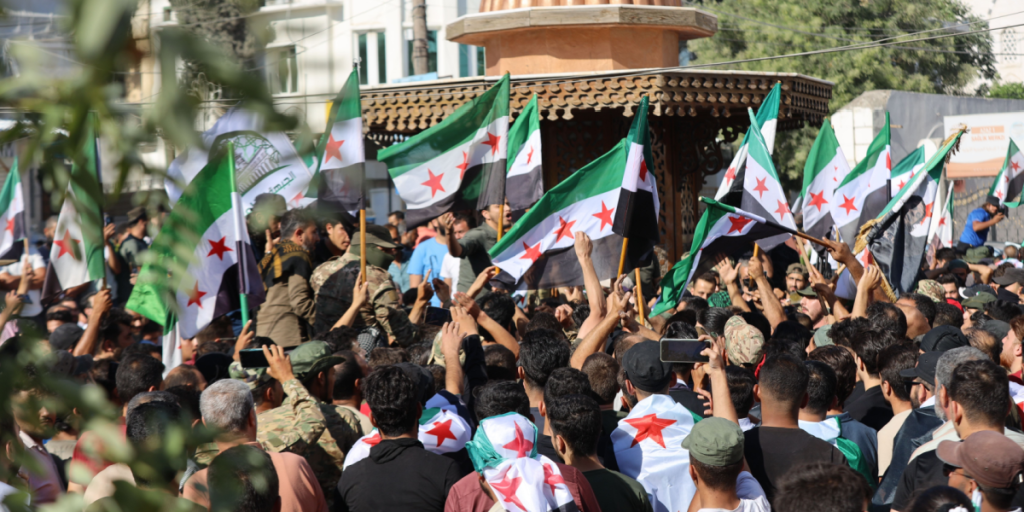
Since Assad’s fall in December 2024, Israel has increased its military actions in Syria, claiming it’s to prevent the rise of extremist threats along its borders.
Also read
Despite this, Israel has indirectly engaged with Syria’s new leadership in hopes of expanding the Abraham Accords, a series of deals that normalize relations between Israel and Arab states. Israeli officials have even expressed interest in bringing Syria and Lebanon into the normalization process.
What’s the Bigger Picture?
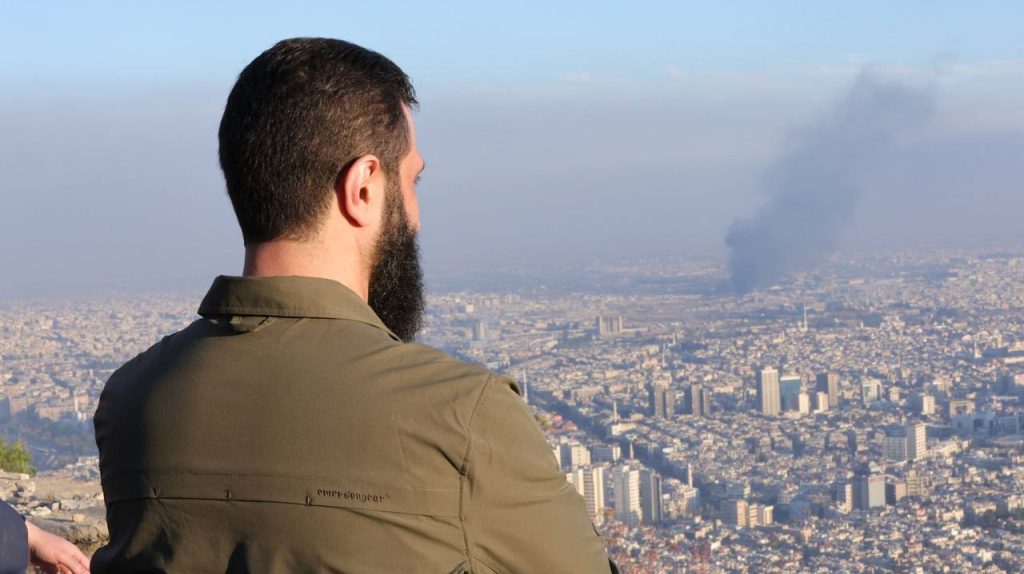
However, these goals clash with reality.
Syria’s President al-Sharaa wants to end Israeli attacks, but so far the strikes continue.
Netanyahu has called the Syrian regime an “extremist Islamic regime” and a threat to Israel.
He even asked former U.S. President Donald Trump not to lift sanctions on Syria, fearing it could lead to a repeat of the October 7, 2023 Hamas attack.

